1. Liebesbotschaft
Composer: Franz Peter Schubert
Artist(s): Jasper Schweppe, Riko Fukuda
2. Kriegers ahnung
Composer: Franz Peter Schubert
Artist(s): Jasper Schweppe, Riko Fukuda
3. Frühlingssehnsucht
Composer: Franz Peter Schubert
Artist(s): Jasper Schweppe, Riko Fukuda
4. Ständchen
Composer: Franz Peter Schubert
Artist(s): Jasper Schweppe, Riko Fukuda
5. Aufenthalt
Composer: Franz Peter Schubert
Artist(s): Jasper Schweppe, Riko Fukuda
6. In der Ferne
Composer: Franz Peter Schubert
Artist(s): Jasper Schweppe, Riko Fukuda
7. Abschied
Composer: Franz Peter Schubert
Artist(s): Jasper Schweppe, Riko Fukuda
8. Der Atlas
Composer: Franz Peter Schubert
Artist(s): Jasper Schweppe, Riko Fukuda
9. Ihr Bild
Composer: Franz Peter Schubert
Artist(s): Jasper Schweppe, Riko Fukuda
10. Das Fischermädchen
Composer: Franz Peter Schubert
Artist(s): Jasper Schweppe, Riko Fukuda
11. Die Stadt
Composer: Franz Peter Schubert
Artist(s): Jasper Schweppe, Riko Fukuda
12. Am Meer
Composer: Franz Peter Schubert
Artist(s): Jasper Schweppe, Riko Fukuda
13. Der Doppelgänger
Composer: Franz Peter Schubert
Artist(s): Jasper Schweppe, Riko Fukuda
14. Die Taubenpost
Composer: Franz Peter Schubert
Artist(s): Jasper Schweppe, Riko Fukuda
15. Viola, Op. 123 D. 786
Composer: Franz Peter Schubert
Artist(s): Jasper Schweppe, Riko Fukuda
16. Litanei, D. 343 Nachlaß Lfg 10
Composer: Franz Peter Schubert
Artist(s): Jasper Schweppe, Riko Fukuda


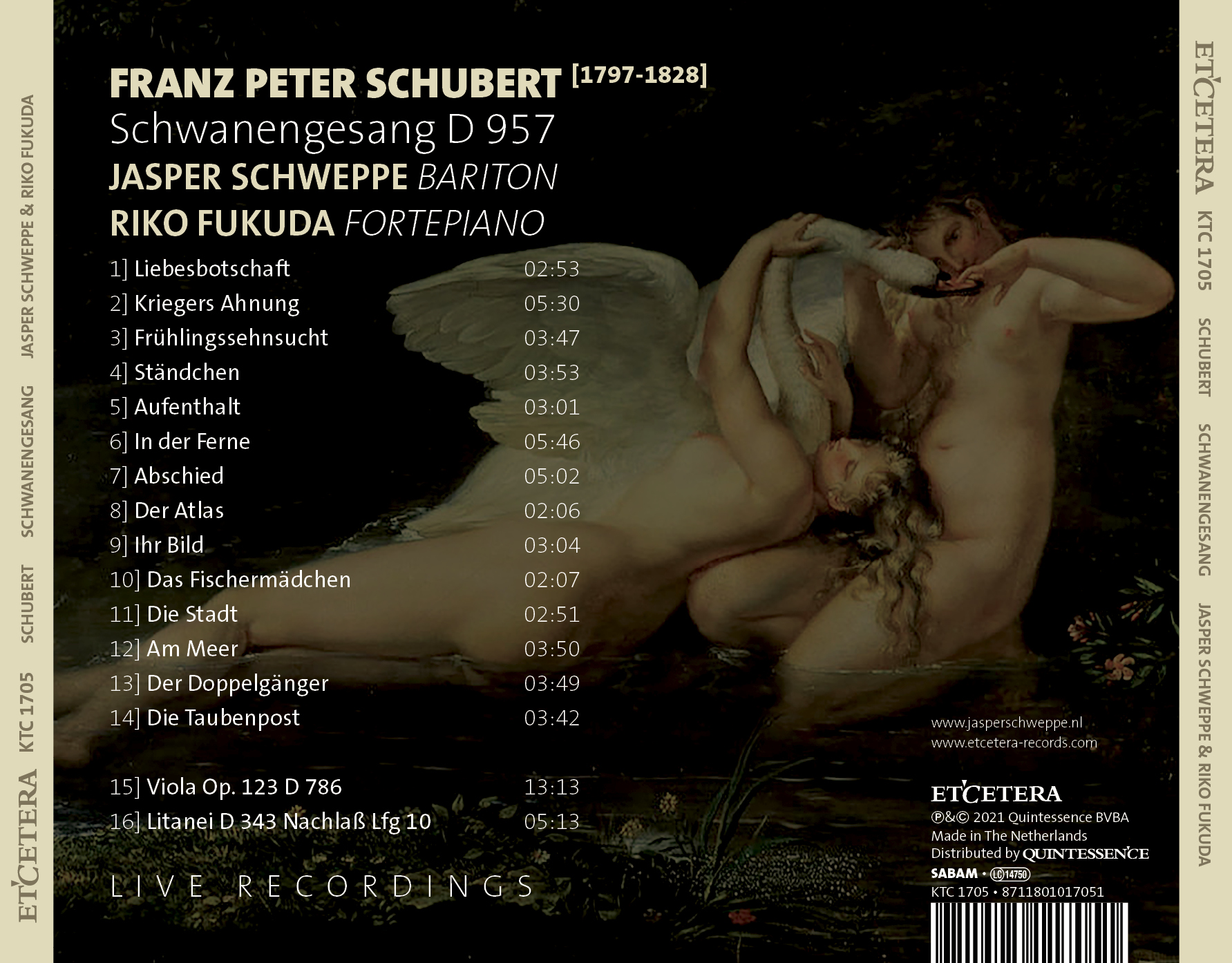

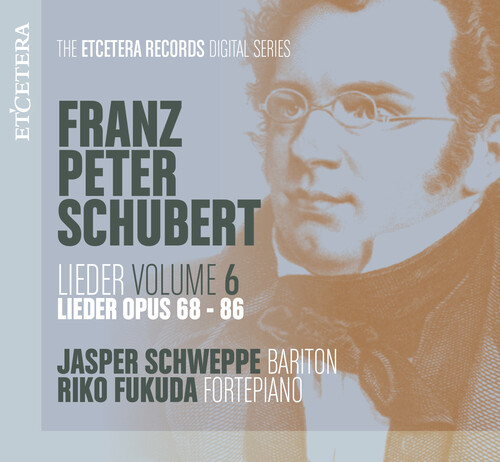

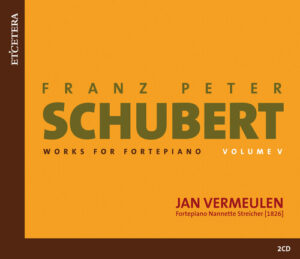
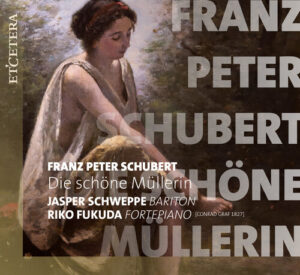
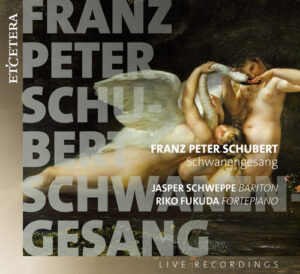
Reviews
There are no reviews yet.